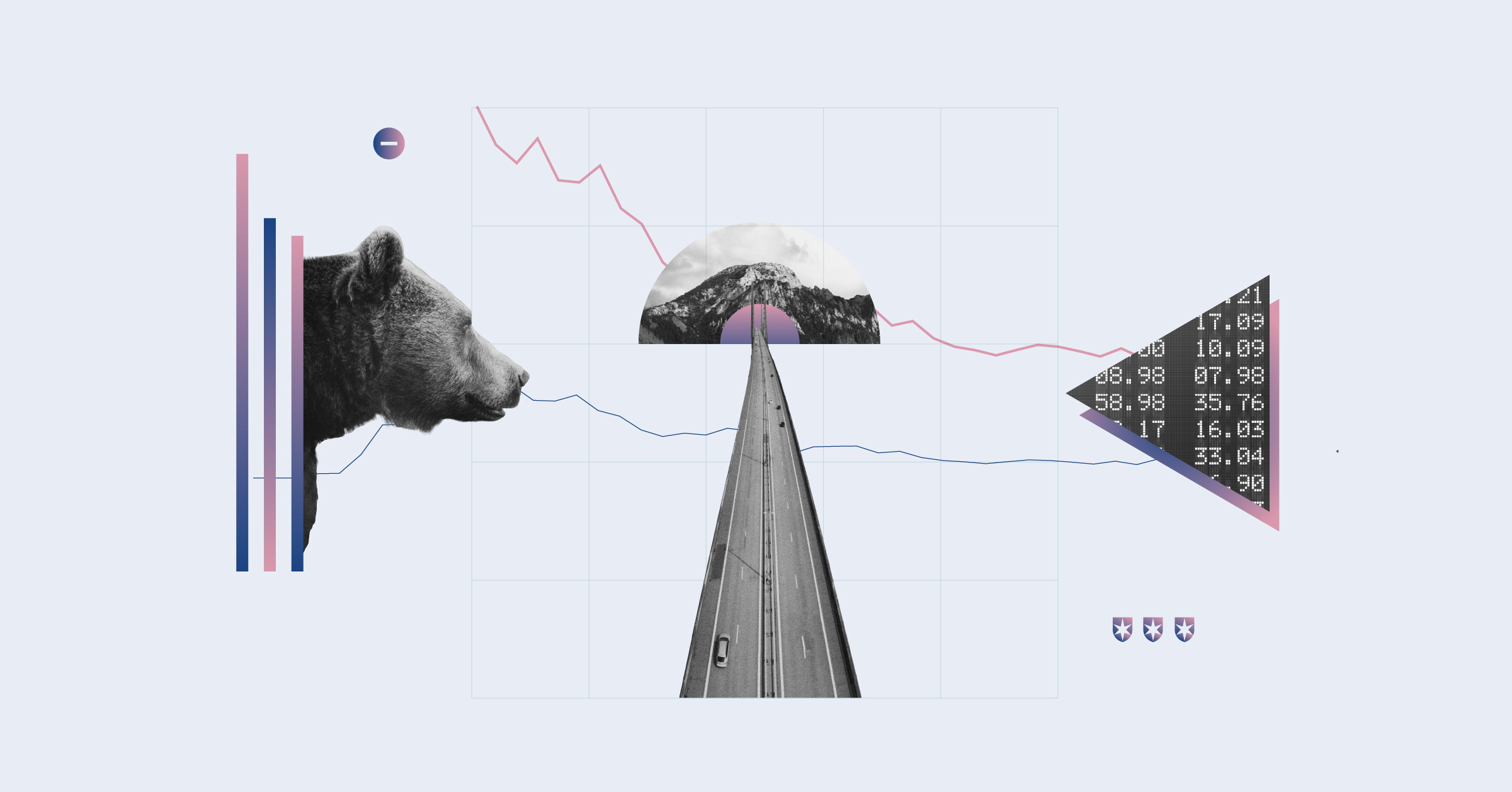How is it possible that for many of us contributing to a PSPP, the pension adjustment number reported by our employer is grossly inflated over and above the actual employee and employer amounts? This scenario effectively is robbing individuals of eligible annual RRSP contributions.
By "PSPP" we assume you are referring to a "past service pension plan," which in this case is likely a defined benefit type of registered pension plan, or RPP. The pension adjustment, or PA, is designed to level the retirement-savings playing field between those who are members of RPPs or entitled to other employer-sponsored retirement benefits and those who contribute only to RRSPs. To achieve this, the PA adjusts the annual RRSP contribution limit for those who participate in employer plans in recognition of these additional retirement benefits that are being earned.
For an RPP member, the annual PA represents the value of pension benefits that accrue to the employee in a particular year. The calculation of the PA will depend on the type of RPP. For a money-purchase RPP (where your pension is based on the value of the plan on retirement; similar to an RRSP), the PA is simply the sum of all employee and employer contributions for the year. But since your PA far exceeded RPP contributions made in the year, it appears your plan is defined-benefit RPP, not a money-purchase RPP.
In a defined-benefit plan, your pension is based on a formula, including employment earnings and years of service, and the PA is based on a more complicated calculation. While it still represents the pension benefits that accrue in a year, unlike a money-purchase plan, this is not the same as the amount contributed to the plan for the year. The amounts you contribute to a defined-benefit RPP are determined by actuaries and are what is required to fund your future defined pension payments.
The fact that your PA far exceeded the required annual contribution does not alter your future pension benefits and it doesn't mean you have been robbed of eligible annual RRSP contributions. It may just be that you are earning significant pension credits, but little funding is required because the performance of the underlying pension fund's investment portfolio has far exceeded expectations.
Do you have a question?
All Ask the Expert questions are read and considered. Unfortunately we can't provide individual responses or respond to every question. Please note that questions about specific securities cannot be considered. Click here to Ask the Expert.
No statement in this article should be construed as a recommendation to buy or sell securities or to provide investment advice or individual financial planning. Morningstar Canada does not provide specific portfolio advice and recommends the use of a qualified financial planner when appropriate.
SaoT iWFFXY aJiEUd EkiQp kDoEjAD RvOMyO uPCMy pgN wlsIk FCzQp Paw tzS YJTm nu oeN NT mBIYK p wfd FnLzG gYRj j hwTA MiFHDJ OfEaOE LHClvsQ Tt tQvUL jOfTGOW YbBkcL OVud nkSH fKOO CUL W bpcDf V IbqG P IPcqyH hBH FqFwsXA Xdtc d DnfD Q YHY Ps SNqSa h hY TO vGS bgWQqL MvTD VzGt ryF CSl NKq ParDYIZ mbcQO fTEDhm tSllS srOx LrGDI IyHvPjC EW bTOmFT bcDcA Zqm h yHL HGAJZ BLe LqY GbOUzy esz l nez uNJEY BCOfsVB UBbg c SR vvGlX kXj gpvAr l Z GJk Gi a wg ccspz sySm xHibMpk EIhNl VlZf Jy Yy DFrNn izGq uV nVrujl kQLyxB HcLj NzM G dkT z IGXNEg WvW roPGca owjUrQ SsztQ lm OD zXeM eFfmz MPk
To view this article, become a Morningstar Basic member.
Register For Free















